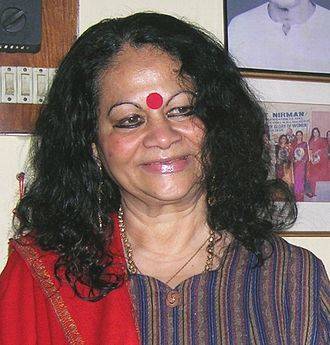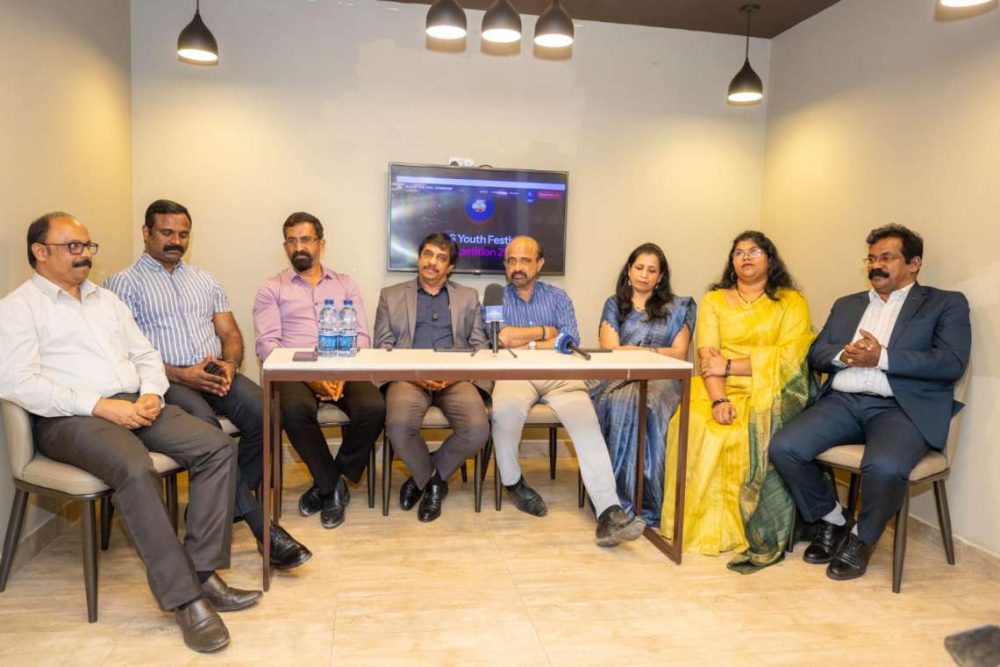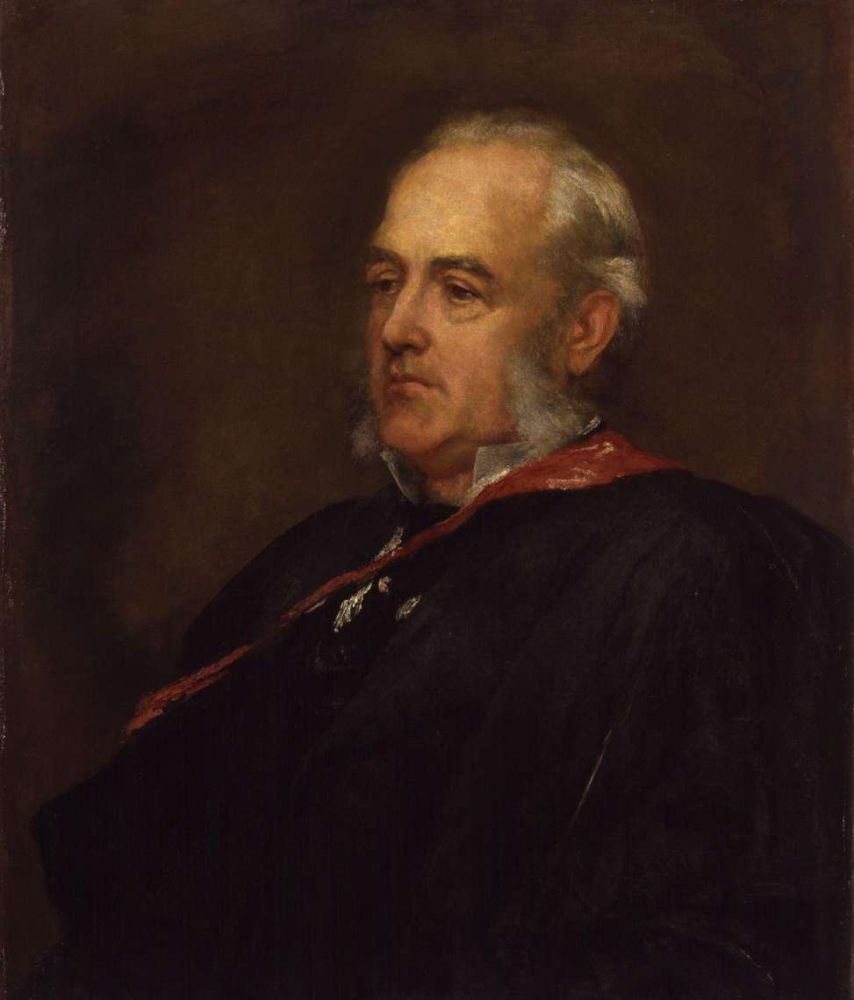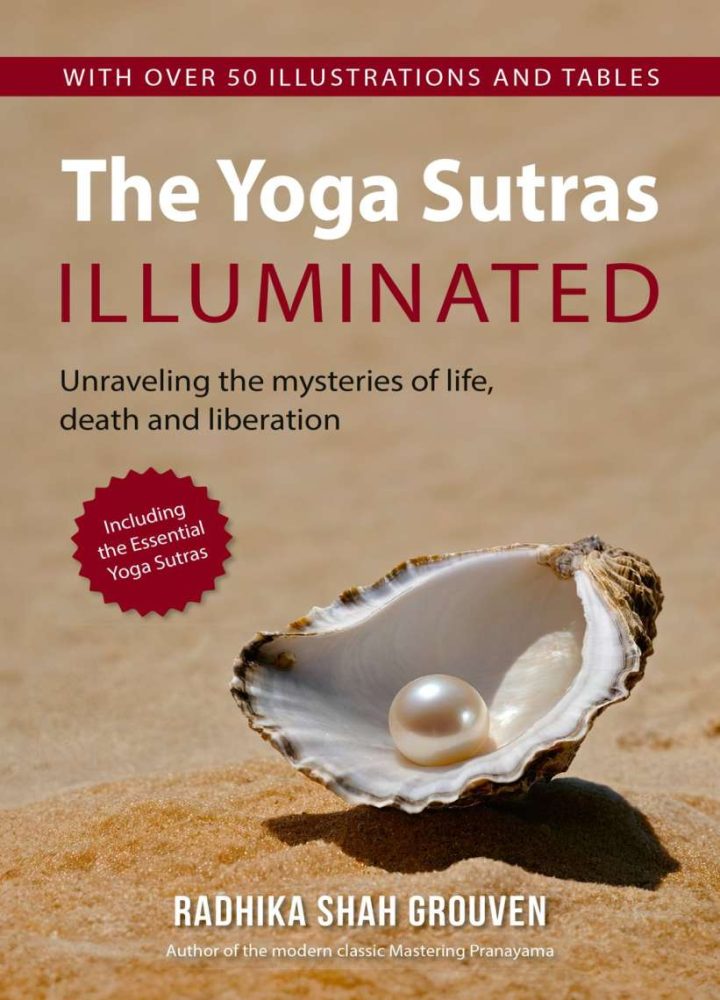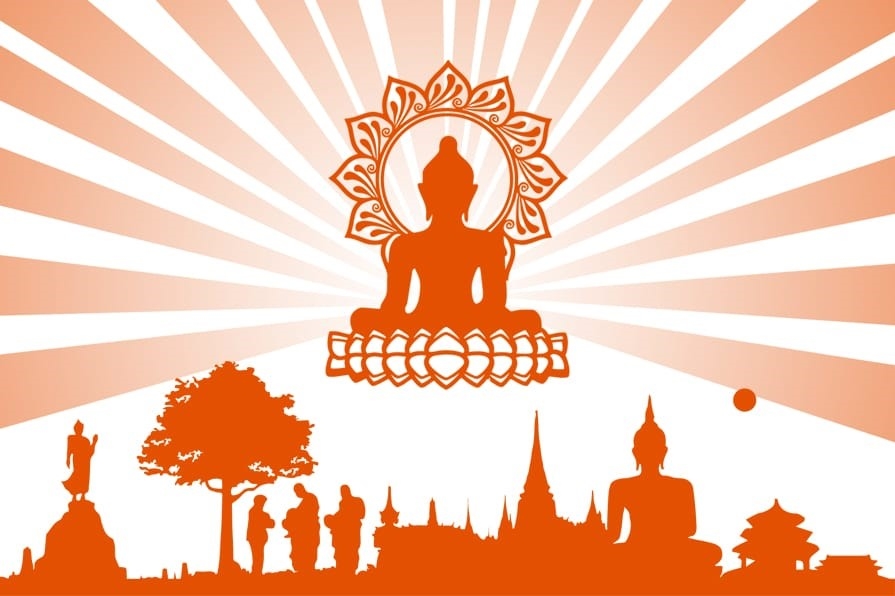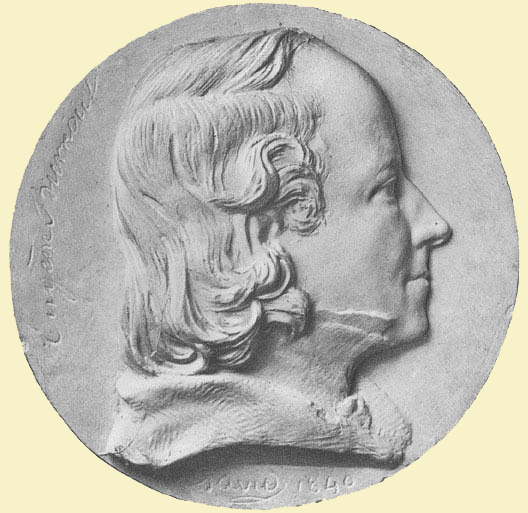An Introduction, Translator’s Note and Author’s Timeline add value to the book by discussing the nuances of the translation process as well as contextualising the author’s life and work…reports Asian Lite News.
The late Jnanpith award-winning author Indira Goswami was a great literary writer of her generation and a feminist icon. Most of her major works have been translated from Assamese into English; however, some of her works are yet to be discovered by a larger audience. “Five Novellas About Women” (Niyogi Books) represents a cross-section of her writing, with a special focus on the courage of women under trying circumstances.
Sensitively translated, with detailed notes on the translation, these stories bring to light the human condition that Goswami portrayed in her writing. The lives of the rural poor, the situation of widows, the plight of the urban underclass and various social constraints under which people are forced to live are depicted in these impactful narratives.
The deft use of language, striking imagery and strong characters are a hallmark of Goswami’s writing. The stories in this selection exhibit these unique characteristics of her work in abundance. These nuanced translations bring the literary creations of one of the great writers of our times to new life and a wider audience.
An Introduction, Translator’s Note and Author’s Timeline add value to the book by discussing the nuances of the translation process as well as contextualising the author’s life and work.
Indira Goswami (1942e2011), who wrote as Mamoni Raisom Goswami in Assamese, popularly known as Mamoni Baideo, wrote about people rarely represented in Indian writingewomen, the maginalised, the powerless, the unfortunate.
Apart from India’s highest literary award, the Jnanpith (2001), Goswami also honored with the Sahitya Akademi Award (1983), and the Principal Prince Claus Laureate (2008), She was also an editor, poet, professor, and scholar, best known for her novels such as “The Moth Eaten Howdah of the Tusker”, “Pages Stained with Blood” and “The Man from Chinnamasta”.
She is also known for her attempts to structure social change, both through her writings and through her role as mediator between the United Liberation Front of Asom (ULFA) and the Indian government through the People’s Consultative Group, a peace committee.
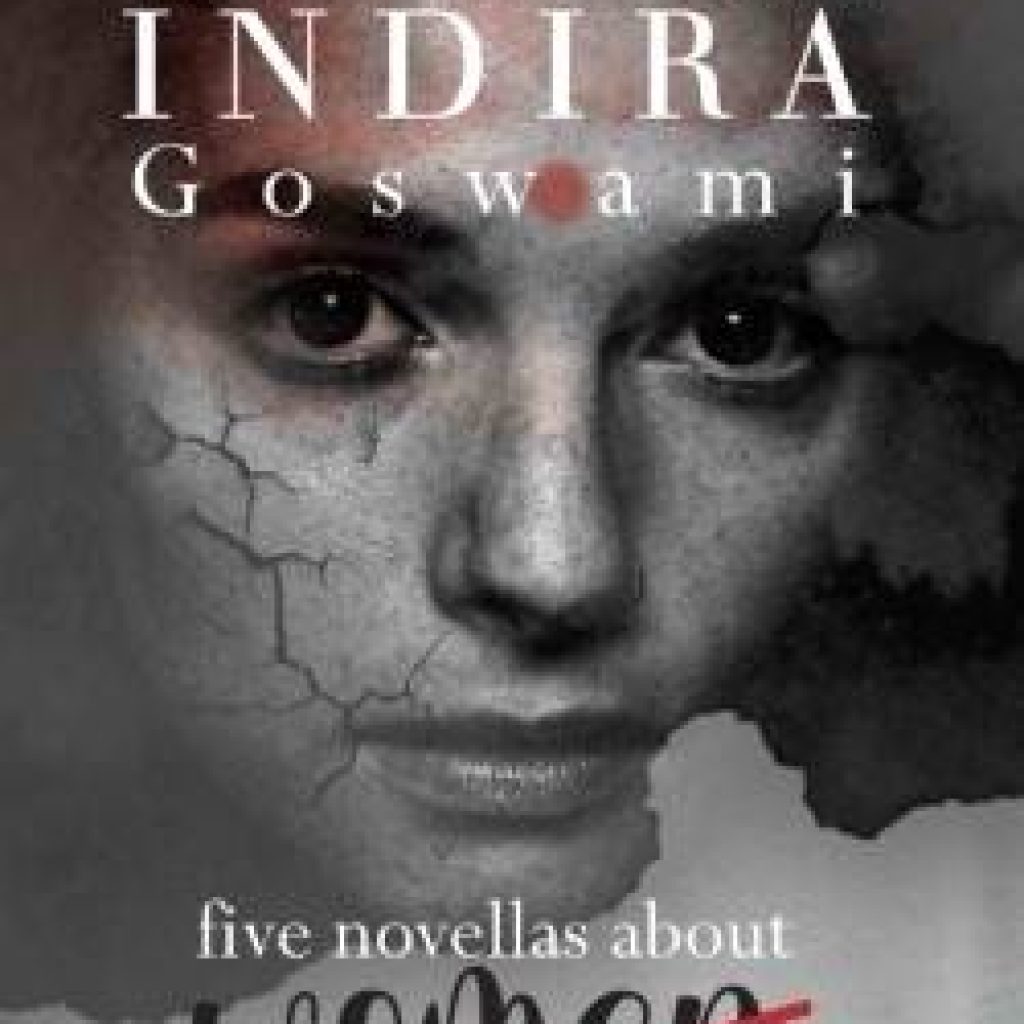
Translator Dibyajyoti Sarma has published three volumes of poetry (the last being “Book of Prayers for the Nonbeliever”, 2018) and two books of translations of Assamese poets Sananta Tanty and Kamal Kumar Tanti, and an academic book, besides numerous writing credits in edited volumes, journals and websites.
He was born in Assam and now lives in Delhi, where he works as a journalist and editor and runs the independent publishing outfit Red River.
ALSO READ-‘A Passage North’ in the final six of Booker shortlist


